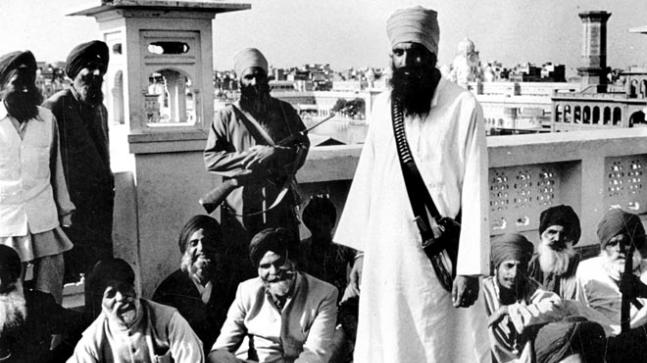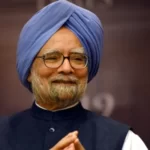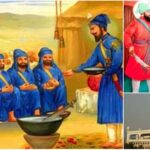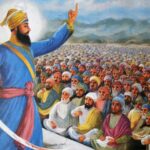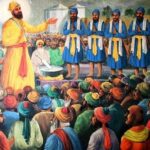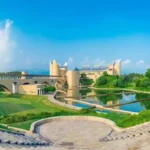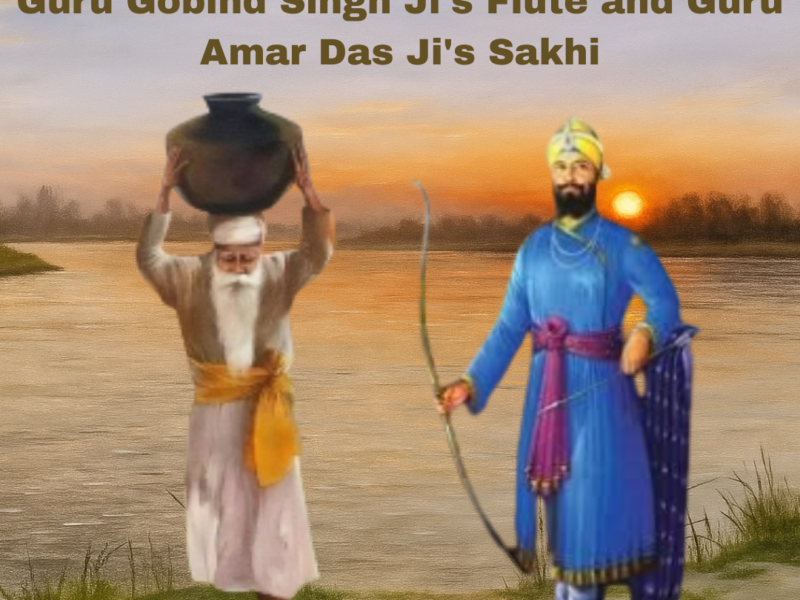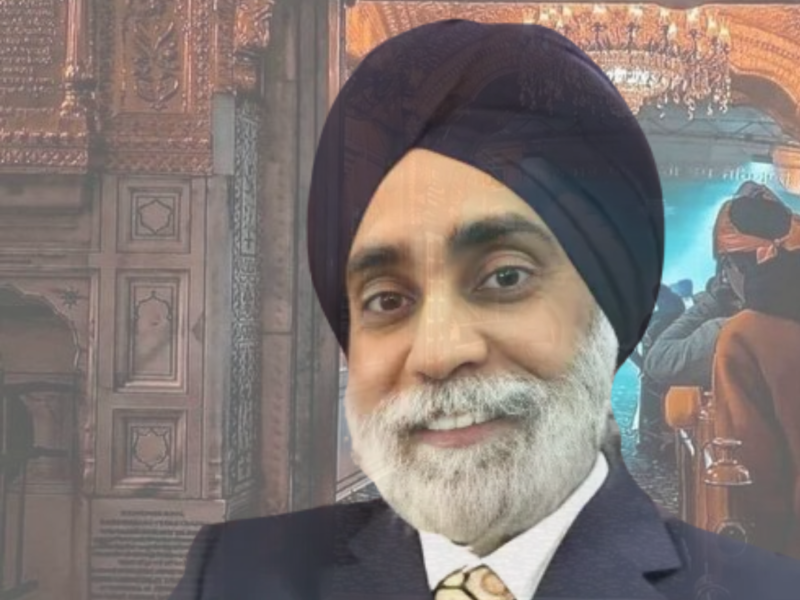Sant Jarnail Singh Ji Khalsa was a prominent Sikh leader and a charismatic figure who played a pivotal role in shaping the Sikh community’s destiny during the late 20th century. Jarnail Singh Bhindranwale was an Indian insurgent who was born Jarnail Singh Brar on June 2, 1947, and died on June 6, 1984 (Punjabi: [dnl s p r ae]). He was the movement’s charismatic leader. Nevertheless, he did not personally support the creation of a distinct Sikh nation.
He was the fourteenth jathedar, or head, of the famous Damdami Taksal, an orthodox Sikh temple. A supporter of the Anandpur Sahib Resolution, he attracted considerable prominence following his participation in the 1978 Sikh-Nirankari conflict. The Dharam Yudh Morcha (“righteous campaign”), which had as its declared goal the accomplishment of a list of demands based on the Anandpur Sahib Resolution to establish a fully autonomous state inside India, was started in the summer of 1982 by Bhindranwale and the Akali Dal.
From a young age, Sant Jarnail Singh Ji Khalsa displayed a deep devotion to Sikhism and a strong sense of justice. He was deeply influenced by the teachings of Sikh Gurus and the spirit of the Khalsa. His upbringing in a devout Sikh family instilled in him a profound love for the Sikh religion and a commitment to its principles. His father enrolled him at the Damdami Taksal, also known as Bhindran Taksal, a religious institution close to Moga, Punjab, that bears the name of the town of Bhindran Kalan, where its founder Gurbachan Singh Bhindranwale resided. Despite working out of Gurdwara Akhand Parkash there, he led his students on lengthy excursions into the surrounding countryside. After taking a one-year education in biblical, theological, and historical studies under Gurbachan Singh Khalsa, largely during his time at Gurdwara Sis Asthan Patshahi IX near Nabha but also during a tour, he returned to his family and resumed farming in 1966.
In 1978, an incident took place that would shape the course of Sant Jarnail Singh Ji Khalsa’s life. The revered Sikh religious shrine, Sri Harmandir Sahib, also known as the Golden Temple, was desecrated by the Indian government, leading to widespread outrage and unrest among the Sikh community. The government’s actions were seen as an assault on the Sikh faith and an attempt to suppress Sikh aspirations.
Deeply moved by this sacrilege, Sant Jarnail Singh Ji Khalsa took up the cause of justice and devoted himself to fighting for the rights of Sikhs. He became the head of the Damdami Taksal, a Sikh seminary known for its emphasis on religious education and training. Under his leadership, the Damdami Taksal became a powerful force advocating for Sikh rights and asserting the principles of Sikhism.
Sant Jarnail Singh Ji Khalsa’s leadership abilities and his ability to mobilize people became evident during the 1980s. He emerged as a voice for the Sikh community, demanding justice for the desecration of the Golden Temple and other injustices faced by Sikhs. His powerful speeches and charismatic personality resonated with Sikhs worldwide, and he became a symbol of Sikh pride and resilience.
In 1984, the Indian government launched Operation Blue Star, a military operation aimed at flushing out Sikh militants who had taken refuge inside the Golden Temple complex. Sant Jarnail Singh Ji Khalsa, along with several other Sikh leaders, sought to defend the sanctity of the shrine and protect Sikh interests. The operation resulted in a violent confrontation between the militants and the Indian army, leading to substantial casualties and significant damage to the Golden Temple.
The aftermath of Operation Blue Star was a period of great turmoil and suffering for the Sikh community. Sant Jarnail Singh Ji Khalsa continued to raise his voice against the atrocities committed by the Indian government and sought justice for the victims. He became a symbol of resistance and a source of inspiration for Sikhs struggling for their rights and dignity.
Tragically, on October 31, 1984, Sant Jarnail Singh Ji Khalsa was assassinated by extremists in retaliation for his outspoken stance against the Indian government. His death shook the Sikh community to its core, but his legacy endured.
Sant Jarnail Singh Ji Khalsa’s sacrifice and unwavering commitment to justice have left an indelible mark on Sikh history. He is remembered as a fearless leader who fearlessly stood up for the rights of his community and fought against injustice. His martyrdom catalyzed Sikh activism, leading to increased awareness of Sikh issues globally.
Today, Sant Jarnail Singh Ji Khalsa is revered as a martyr and a saintly figure by Sikhs worldwide. His life and teachings continue to inspire generations of Sikhs to uphold the principles of Sikhism, stand up against oppression, and strive for justice and equality. His legacy reminds us of the power of conviction, courage, and the ability of one individual to make a lasting impact on society.
